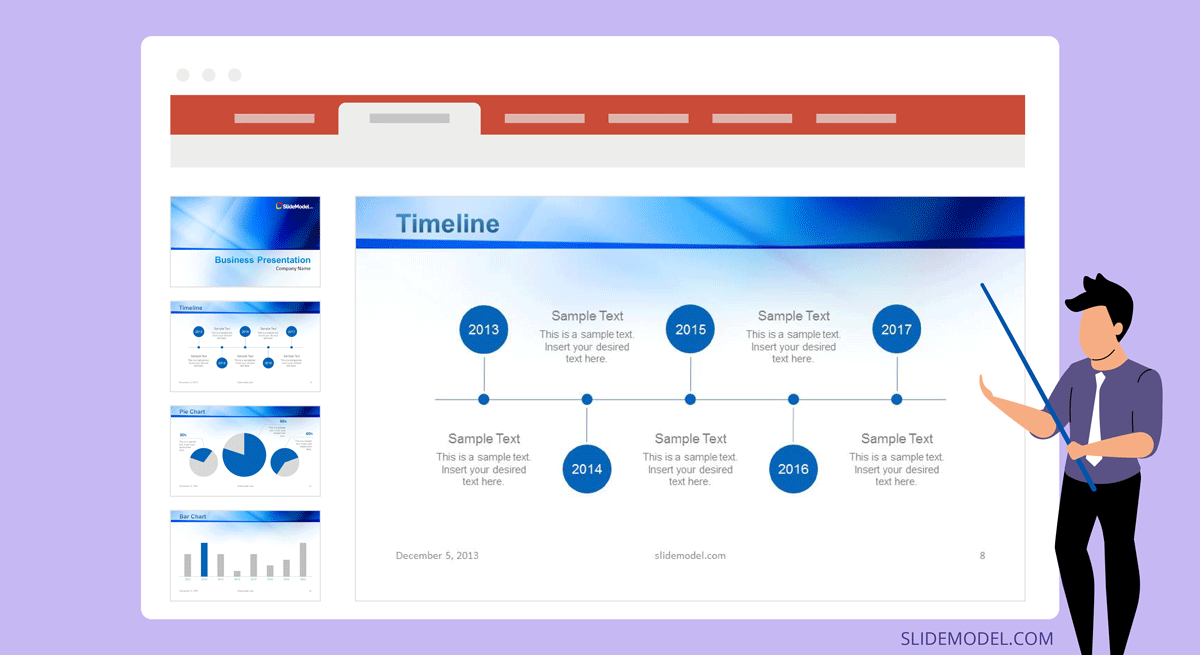Why Management Offshore Is Essential for Expanding Your Global Reach
Why Management Offshore Is Essential for Expanding Your Global Reach
Blog Article
Transform Your Organization: Key Insights Into Monitoring Offshore Solutions
The adoption of overseas administration remedies presents a compelling method for businesses seeking to improve functional performance and decrease costs. By strategically outsourcing specific functions, companies can touch into worldwide skill swimming pools while at the same time addressing the obstacles of conformity and quality control. The course to effective execution is laden with complexities that call for cautious navigation. Recognizing how to straighten offshore approaches with wider corporate purposes-- and what emerging fads may affect this landscape-- can eventually identify the performance of such initiatives. What vital understandings can drive this change onward?

Recognizing Offshore Management Solutions
Offshore administration options encompass a tactical approach to handling organization operations and sources in worldwide locations, often driven by the quest of price effectiveness and access to specific expertise. This technique includes the delegation of particular organization functions to third-party carriers or subsidiaries located in international markets, allowing companies to take advantage of differing labor prices, regulative settings, and technical developments.
The application of overseas monitoring remedies requires careful planning and implementation. Business must conduct extensive evaluations of potential locations, evaluating elements such as political stability, economic problems, and the schedule of experienced labor. Furthermore, establishing efficient interaction channels and management oversight is important to making certain that offshore procedures straighten with the organization's general goals.
In addition, services need to know the regulative and conformity obstacles linked with overseas procedures. management offshore. Navigating various lawful structures can be complex, necessitating an extensive understanding of both regional and worldwide laws. By strategically employing overseas monitoring options, organizations can optimize their operational performances while mitigating dangers related to cross-border operations, inevitably boosting their affordable setting in the worldwide market
Benefits of Offshore Techniques
Leveraging offshore techniques can yield significant benefits for companies aiming to improve their functional efficiency and competition. Among the primary benefits is price reduction. By contracting out specific functions to nations with reduced labor prices, firms can dramatically reduce functional expenses while maintaining or perhaps boosting quality.
Furthermore, offshore approaches allow organizations access to a varied talent swimming pool with specialized abilities that may be limited or expensive in their home country. This accessibility can speed up innovation and enhance solution delivery, as overseas teams often bring distinct viewpoints and expertise.
Adaptability is one more vital benefit. Offshore versions enable organizations to scale operations quickly in reaction to market needs without the prolonged procedures related to employing and educating brand-new personnel locally. This versatility helps companies stay agile in a hectic organization setting.
Additionally, leveraging offshore methods can help with 24/7 operations, thanks to time area differences (management offshore). This advantage boosts customer support and boosts total efficiency, as jobs can be finished around the clock
Secret Difficulties to Think About
While the benefits of overseas approaches are compelling, a number of essential challenges call for mindful factor to consider. One considerable obstacle is the potential for communication barriers. Distinctions in language, time zones, and social subtleties can hinder effective collaboration and result in misunderstandings, ultimately influencing task results.
In addition, browsing the regulatory and legal landscape in foreign jurisdictions can posture threats. Companies must guarantee compliance with local laws, labor policies, and tax obligations, which can differ considerably from their home nation. Failing to comply with these policies can result in severe penalties and reputational damage.
Quality assurance is one more problem, as companies might locate it challenging to maintain the same criteria in offshore operations. Irregularity in processes and oversight can lead to irregular services or product top quality, possibly hurting consumer fulfillment and brand loyalty.

Lastly, there is the issue of information security. Shielding delicate info across boundaries needs robust cybersecurity actions and an understanding of international data privacy regulations. Without appropriate safeguards, organizations run the risk of direct exposure to information breaches and linked responsibilities.
Dealing with these challenges is crucial for companies seeking to leverage offshore management solutions successfully.
Ideal Practices for Execution
Effectively applying offshore monitoring services requires a tactical strategy that deals with the difficulties determined previously. Organizations need to perform a detailed demands analysis to determine particular goals and the scope of the offshore initiative. This assessment should include stakeholder interaction to make certain alignment with company goals.

Moreover, picking the appropriate overseas companion is essential. Organizations should review possible companions based on their proficiency, social compatibility, and operational abilities. A distinct contract that describes obligations, assumptions, and performance metrics will certainly better guard the partnership.
Training and More Help onboarding are additionally vital components of effective implementation. Offering appropriate training for both onshore and overseas groups fosters a unified strategy and enhances productivity. Last but not least, companies need to continuously monitor performance and adapt strategies as required to enhance results.
Future Patterns in Offshore Monitoring
The future of overseas monitoring is poised for considerable improvement, driven by developments in innovation and developing organization requirements. One significant pattern is the raising dependence on artificial intelligence and artificial intelligence to maximize operational performances. These technologies make it possible for organizations to assess vast quantities of information, automate routine tasks, and enhance decision-making procedures, inevitably resulting in boosted efficiency.
Furthermore, there is a growing focus on remote job abilities, which reflects a wider approval of dispersed groups. Companies are currently leveraging cloud-based remedies content to help with seamless partnership across different time zones and geographical boundaries, permitting better versatility and accessibility to global talent pools.

Conclusion
Finally, changing company procedures through offshore management solutions offers considerable opportunities for enhanced performance and expense reduction. Nevertheless, mindful factor to consider of possible obstacles, such as conformity dangers and quality assurance, is vital. By sticking to finest methods and staying attentive in efficiency surveillance, organizations can efficiently execute offshore techniques that line up with overarching business goals. Embracing future fads, consisting of AI integration and sustainability, will certainly better strengthen the success and strength of offshore administration initiatives.
The adoption of overseas administration solutions offers a compelling avenue for services seeking to boost functional performance and minimize prices. In addition, developing reliable interaction channels and management oversight is vital to making certain that overseas procedures line up with the organization's overall goals.
By tactically utilizing offshore management options, organizations can enhance find more info their operational performances while mitigating threats connected with cross-border procedures, eventually boosting their competitive position in the global marketplace.
The future of offshore monitoring is poised for significant improvement, driven by developments in modern technology and developing service needs.In conclusion, changing organization operations with overseas monitoring options presents considerable possibilities for boosted efficiency and price reduction.
Report this page